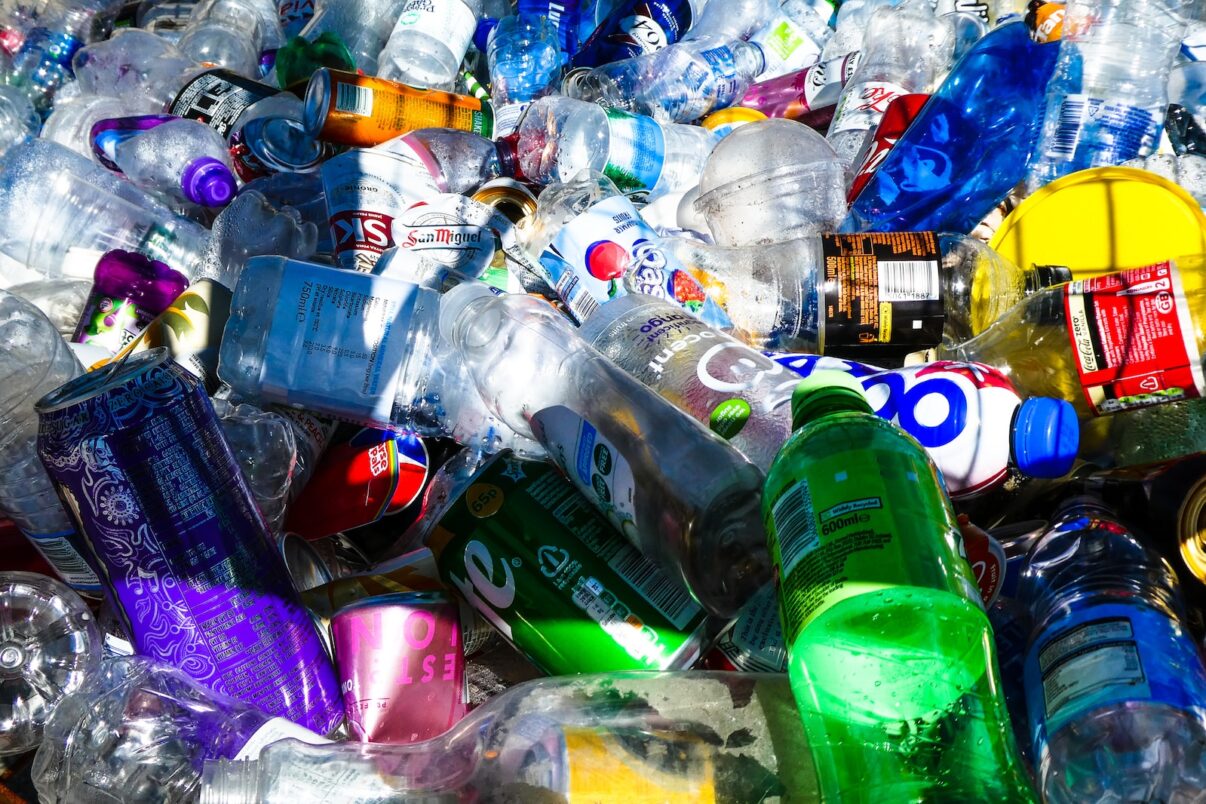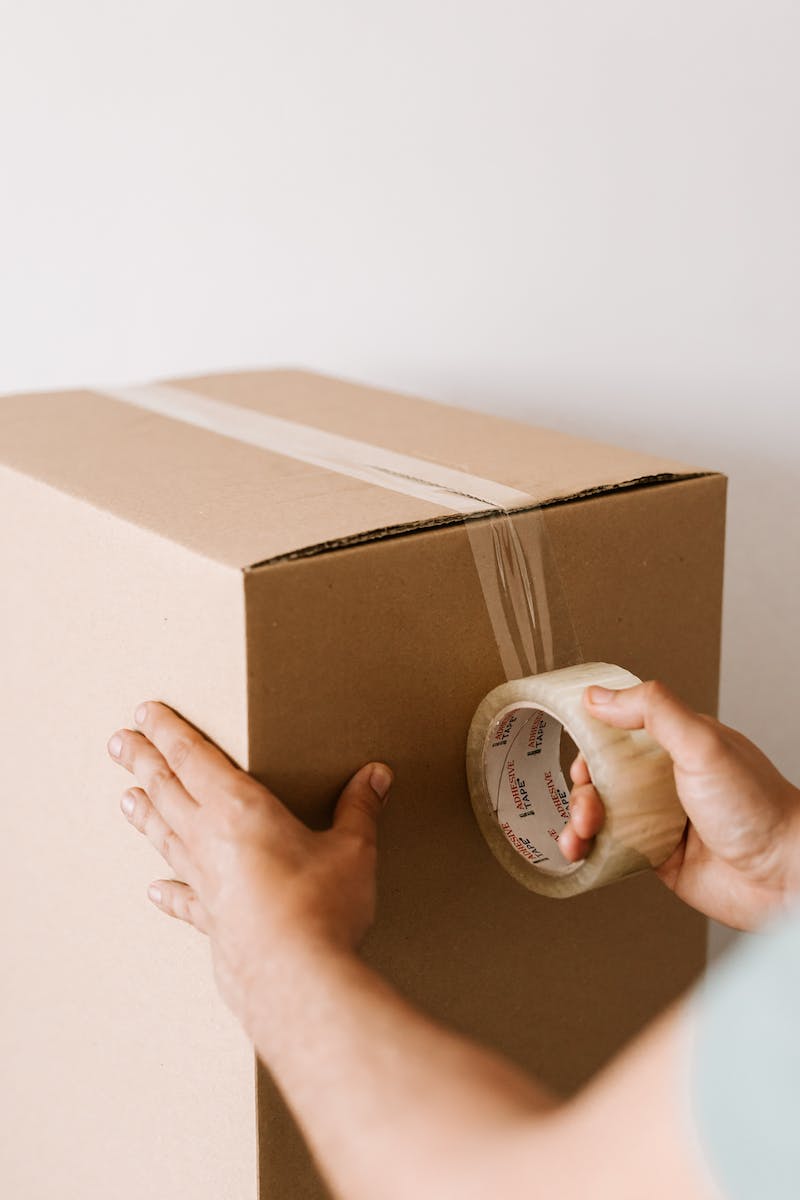Ever found a plastic bag gallivanting in the wind? That’s just a drop in our vast, global ocean of plastic pollution. You’re about to dive headfirst into the swirling vortex of excessive waste and peek at international agreements’ role in combatting this crisis. It’s time you got to know how these big deals are shaping our planet’s future—and maybe even catch a few chuckles along the way.
Understanding the Scope of Plastic Pollution Globally
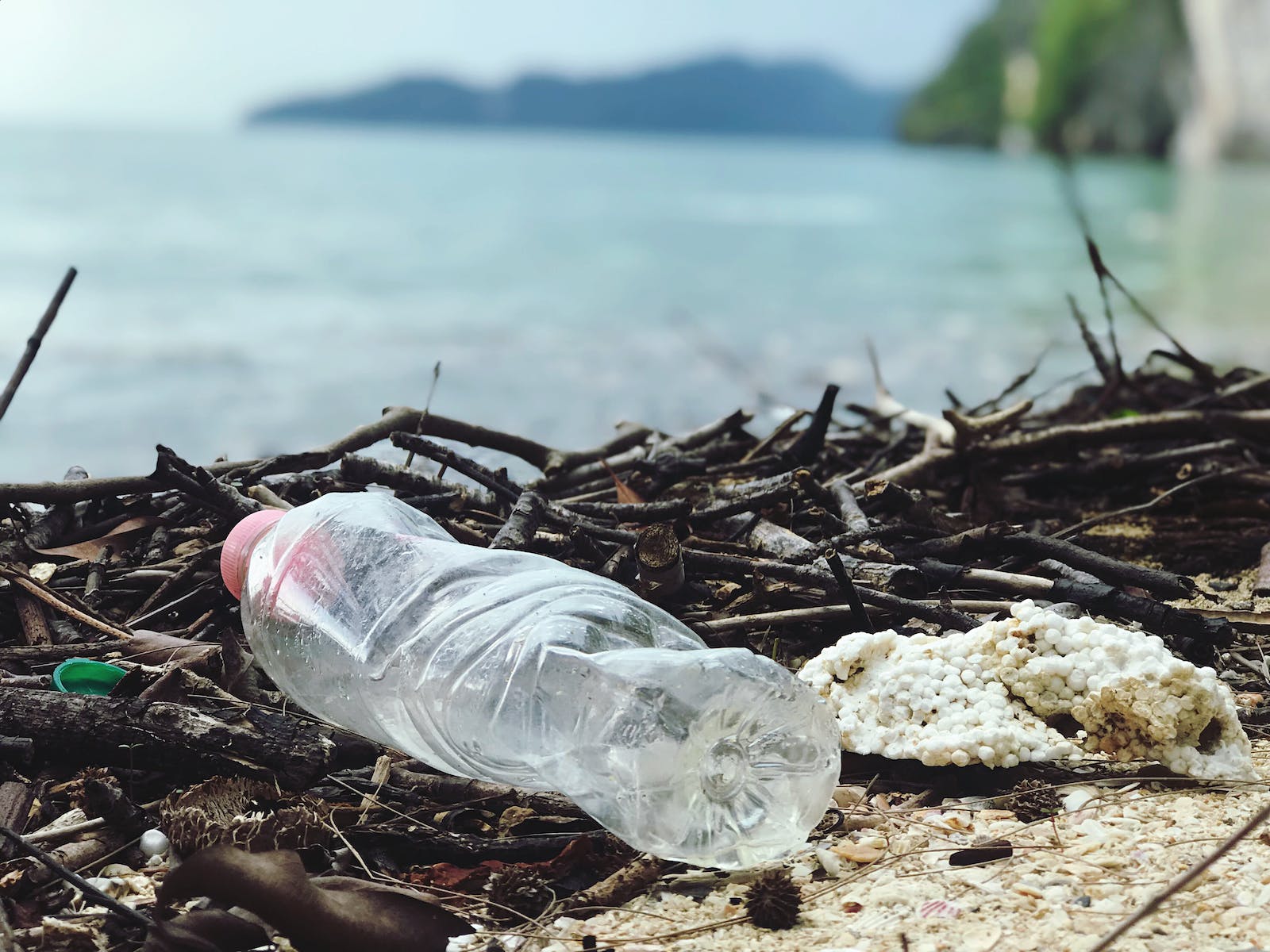
It’s crucial that we grasp the extent of global plastic pollution before we can effectively combat it through international agreements. It’s like stepping into a boxing ring blindfolded, convinced you’re up against Mike Tyson when it’s actually a five-year-old.
Plastic pollution is no joking matter, but let me paint a picture for you with a dash of humor. Imagine Earth as your apartment and each piece of discarded plastic as an unwanted roommate who doesn’t pay rent, never cleans up after themselves, and sticks around uninvited for hundreds of years – yeah, not so charming!
Now think bigger; picture our beautiful oceans cornered at a party by those snack-crazy people who can’t resist double dipping their cracker in the dip. Just replace ‘people’ with ‘plastic debris’ and ‘dip’ with our marine life.
What? Too much visual?
About 8 million metric tons of plastic gets dumped into our oceans annually – shocking right?
Understanding the colossal scale of this crisis isn’t just necessary; it’s vital if we stand any chance against this stubborn synthetic invasion!
Issues and Challenges in Managing Plastic Waste
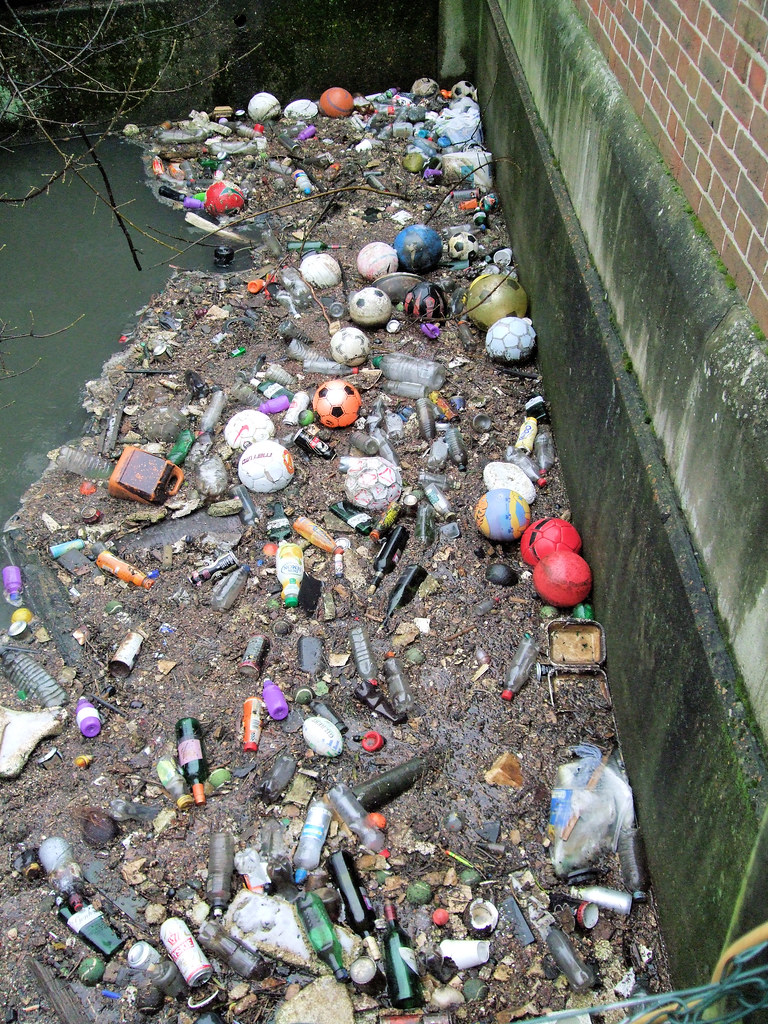
You’ve probably tossed your plastic waste in the recycle bin and patted yourself on the back for being ‘green’, right? But let’s do some digging into those recycling infrastructure challenges that make it far from a walk in the park. And while we’re at it, let’s dive deeper than any scuba diver could, speculating over how our friend, Nemo, feels about his home becoming a plastic wasteland.
Plastic Waste Collection
Don’t underestimate the importance of plastic waste collection in your local community; it’s a vital first step in combating global plastic pollution. Picture this – you’re a valiant knight, brandishing a recycling bin instead of a sword. Your dragon? The monstrous pile of discarded soda bottles and shopping bags lurking at curbside.
Your quest isn’t just about cleaning up but also about changing perceptions. You’re that eco-superhero, who saves your town while sipping on ethically sourced coffee from a reusable mug. Gathering that discarded plastic isn’t glamorous work, but hey, superheroes don’t strive for glamour. They strive for justice – or in this case avoiding having the planet look like an apocalyptic scene from Wall-E! So go on, brave warrior—seize that recycling bin! It’s time to vanquish some plastic.
Recycling Infrastructure Challenges
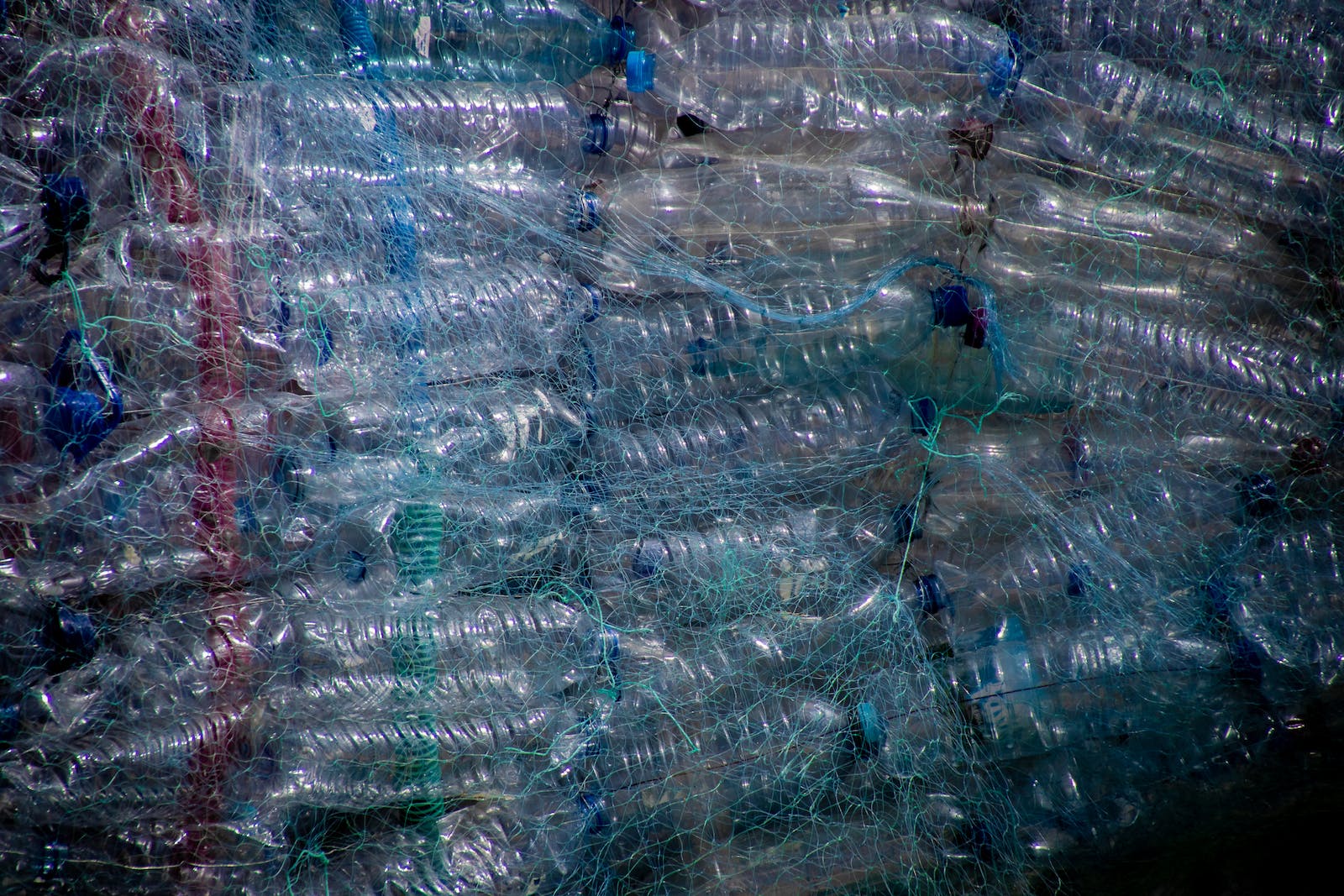
As you’re battling this waste dragon, you’ll likely face the real monster: inadequate recycling infrastructure. It’s like showing up to a knife fight with a spoon – sure it’s challenging, but also kind of hilarious if you’ve got a dark sense of humour.
The conveyor belts whimper in despair; big old plastic soda bottles bully their way past dainty yogurt tubs; single-use plastics behave like stubborn teenagers insisting they’re “not recyclable”. Meanwhile, the recycling plants are at their wits end, coping with this plastic ballet as best they can. Add into the mix an international disagreement about who should do the washing up after humanity’s take-away order from Plastics-R-Us.
It’s enough to make your compost heap sink in sorrow. But hey, who said saving planet Earth was easy?
Impact on Marine Life
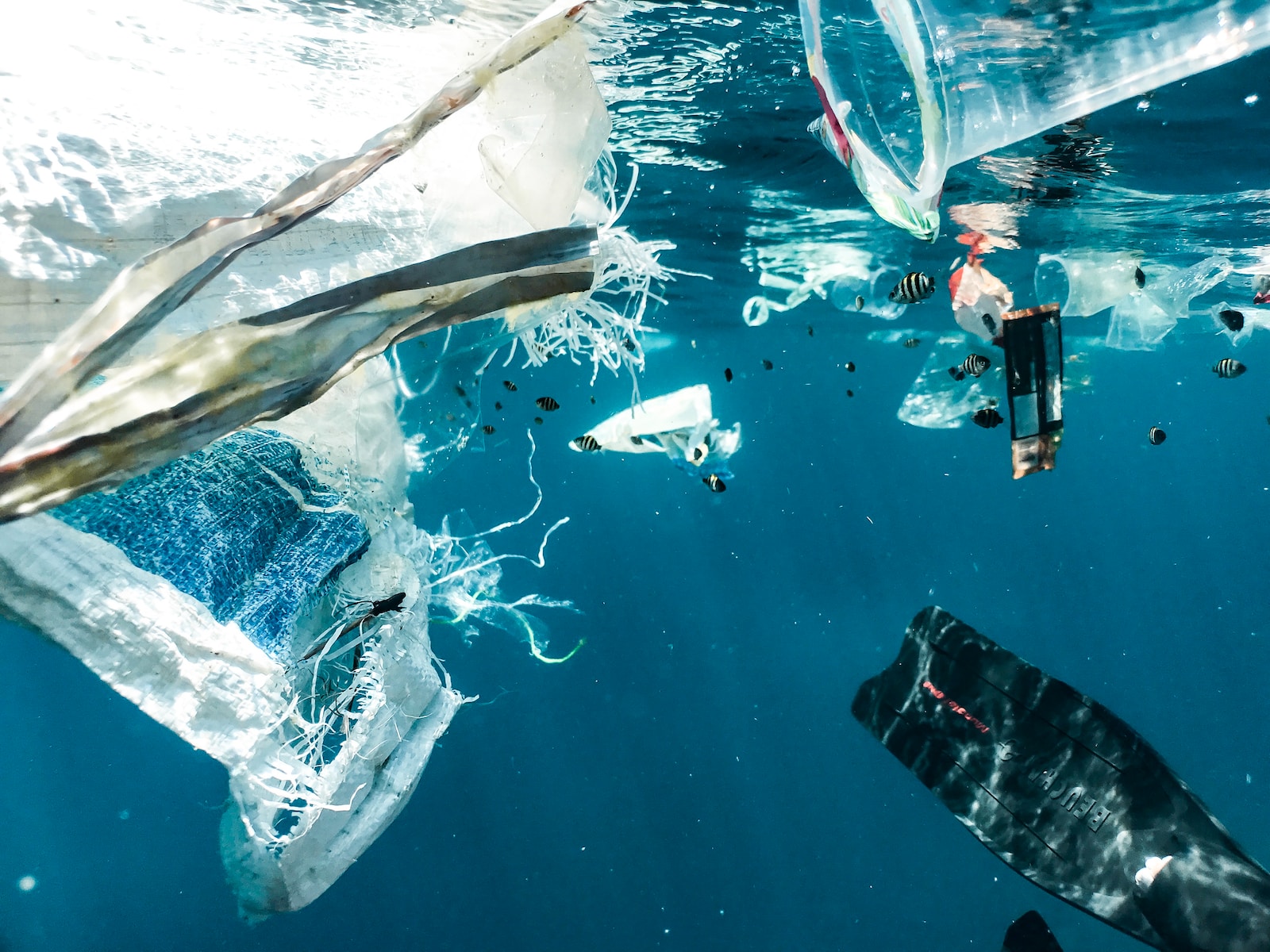
Let’s shift our gaze to the big blue and how all this mess is affecting marine life. Because, you see, fish aren’t just swimming in water anymore; they’re out there doing the backstroke in a plastic soup! It’s like an aquatic version of hoarders.
Now imagine being a sea turtle. You think you’ve won the underwater lottery, spotting a delicious jellyfish. Whoa! Instead, it’s a floating plastic bag. That’s not just bad luck – that’s downright deception!
Or ponder on poor Larry Lobster, trying to Netflix and chill on his comfy coral couch when BAM!, here comes an intruding soda ring six-pack. Privacy invasion? Absolutely!
In truth, we’ve turned our oceans into a giant, non-biodegradable episode of ‘The Bachelor’. These creatures need David Attenborough on their side – not chucking rubbish at them from our shores!
Importance and Role of International Agreements
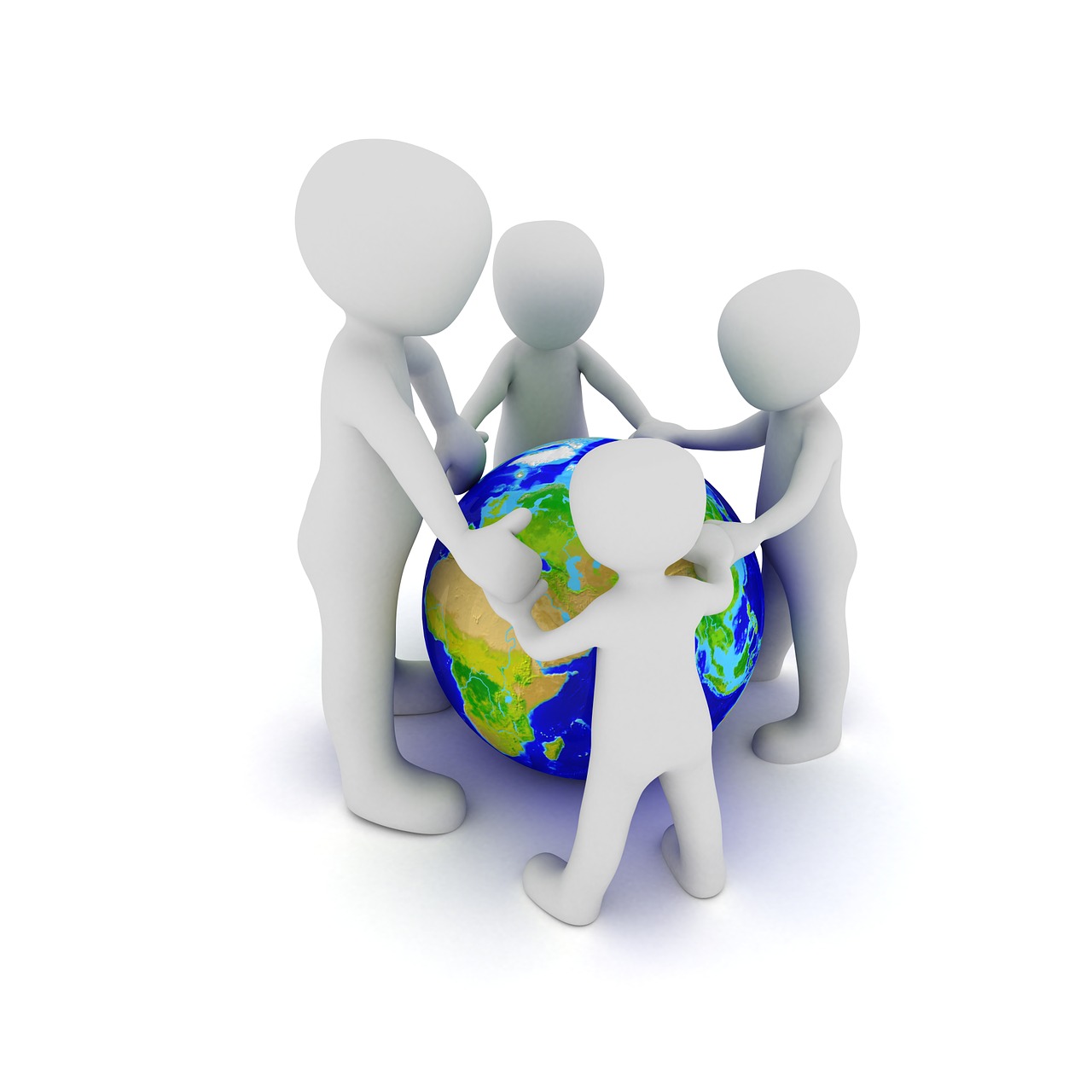
Who needs action movies when you’ve got cooperative environmental solutions creating suspense at every turn? And hold onto your hats ! We’ll also be exploring how international agreements are less like boring trade deals and more like the secret superheroes of our planet.
Enforcing Global Sustainability
Enforcing global sustainability isn’t just about reducing plastic production, it’s also about implementing effective recycling and waste management systems worldwide. It’s something akin to cleaning your room—sure, you could simply stop buying stuff, but what fun is that? You need sustainable habits like a trashcan…and maybe remembering to empty it occasionally.
It’s not enough to wag our fingers at nations churning out plastic doodads. We also gotta put our heads together and brainstorm high-tech solutions for dealing with our already created clutter or risk suffocating under an avalanche of take-out containers. After all, we don’t want future archaeologists judging us by our discarded pizza boxes futures.
But hey! No pressure – just the fate of the world.
Cooperative Environmental Solutions
Well, look at you! Sailing through the complex sea of enforcing global sustainability with grace and conviction. You’re a champion, no doubt about it. But let’s get real, Pollyanna – tackling plastic pollution isn’t a walk in the park nor is it a piece of cake (or even an eco-friendly treat). No siree! Enough talking shop; it’s high time we dived deep into our current subtopic: Cooperative Environmental Solutions.
Now we’re broaching the world of teamwork-focused ecology—just picture Captain Planet rallying his multinationals to banish pollution. Not an easy task dealing with bureaucrats shuffling their papers or befuddled negotiators lost in translation (we see you!). But hey, Mother Earth’s counting on us—let’s hash out those planet-saving strategies over fair-trade coffee!
Impact of International Agreements
It’s crucial to understand how global pacts can significantly influence our shared environmental challenges. Got your attention? Good! Because we’re not talking about dull, old treaties here. We mean the standout, earth-loving, plastic-fighting ones that make even Captain Planet blush. Remember him? The guy with green mullet fighting eco-villains?
These international agreements are like the Avengers of climate change but instead of Thanos, they tackle mass pollution and don’t require a snazzy suit or a Hulk. They rally countries together making them really think – ‘Hey, is my love for bubble tea worth drowning in plastic cups?’ International cooperation looks less like a boring U.N meeting and more like bingo night at Grandma’s – everyone’s got to play their part! It may not be as exciting as superhero stuff, but hey it’s got its charm!
Existing International Agreements & Their Effectiveness
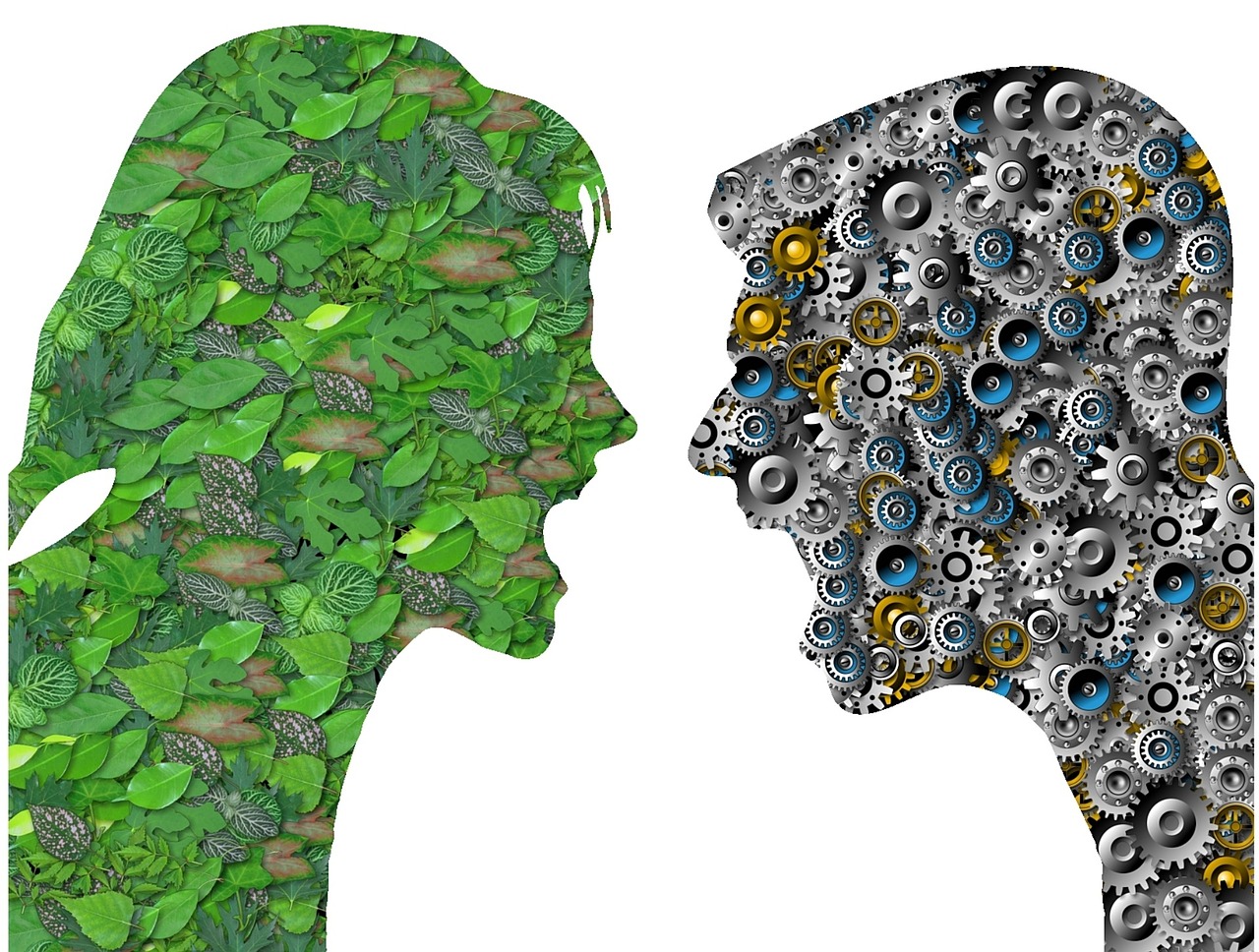
Despite their best intentions, current international agreements haven’t been fully effective in combating plastic pollution. It’s like inviting your messy friend to dinner, carefully laying down some ground rules – do not throw food around – only to find the spaghetti plastered on your walls after dessert.
Let’s take a closer look at the underperforming students of our class: these agreements. They saunter into the room all preened and primed, shiny declarations in hand. “We’ll reduce, we’ll recycle, we’ll switch to eco-friendly!” they echo enthusiastically. But much like teenage promises made at summer camp, they don’t actually follow through after the holiday glow fades.
Meanwhile, oceans are starting to resemble giant blue bins filled with anything but curiosities. I mean, come on folks! Where else can you see majestic whales swimming amidst bobbing beer bottles? Or encounter turtles playing ‘hide and seek’ inside plastic bags?
It’s high time these agreements decided whether they’re running for Prom Queen or saving our planet from morphing into Plasticville! We need commitment here; not just fancy chit-chat over coffee meetings and conventions. But chin up! Stay tuned for our next episode: Outlining potential solutions…
The Path Towards New International Agreements to Address Plastic Pollution
You’re now stepping onto the path towards crafting fresh, effective accords that can help curb this rampant issue of synthetic waste. Fancy a little trip? Great! Buckle up, it’s gonna be like an episode of ‘Whose Treaty is it Anyway?’ where everything’s made up and the points… well, might just save the world!
You’re looking into creating international agreements while avoiding some of those fiddly pitfalls from yesteryear’s treaties. Dealing with something as versatile and cheeky as plastic demands thoughtfulness—and not to forget—a dash of humor. Because what’s a negotiation sans laughter?
Your main mission here: making sure countries aren’t just signing these accords because they’re in their Sunday best and have had one too many glasses of bubbly. We need promises to stick longer than your cousin Vinny stays on a low-carb diet.
Remember this – you’ve got Mother Nature on your side, plus legions of seagulls who’d rather dine on fish than feast on discarded plastic bags. Let’s get those nations onboard with less gusto for generating garbage and more passion for preserving our precious planet.
And there you go! Onwards towards cleaner shores – literally and treaty-wise!
Case Studies and Success Stories of Combatting Plastic Pollution Through International Cooperation
Let’s explore few case studies and success stories where global cooperation played an instrumental role in curbing synthetic waste. So, strap on your swimming goggles because we’re diving deep into the plastic-infested waters of our planet!
First off, there’s the European Union. The EU crushed it by banning single-use plastics. A bold move? Yes! But like any good baking show contestant, they whisked up a sweet solution to a sticky problem.
Then there’s Rwanda – yeah, you read that right: Rwanda! This East African nation gave plastic bags the boot way back in 2008. They turned “bagging it” into “banishing it”, proving that great things can sometimes come in small countries.
And let’s not forget India’s Himalayan Cleanup Initiative: can you imagine climbing the world’s tallest mountains armed with nothing but binoculars for spotting rubbish? Yep, neither could I until I heard about these intrepid Everest eco-warriors.
So folks, remember this: while we may not all be policymakers or mountaineers, everyone has their part to play to beat plastics pollution. In this fight against plastic waste, every little bit helps—from picking up garbage during your morning jog to refusing that pesky straw at dinner!


